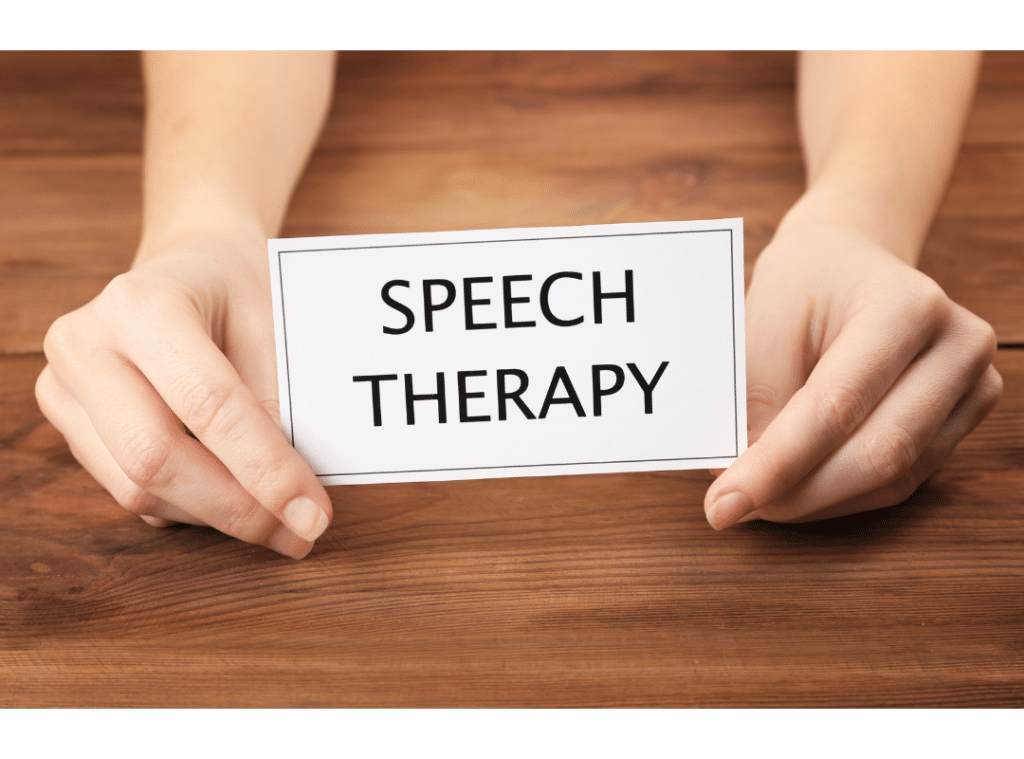When recovering from a medical event, challenges with communication or swallowing can drastically impact your quality of life. Fortunately, skilled nursing facility speech therapy offers a proven path to regain these essential abilities—supporting not just your recovery but your confidence and independence as well.
Whether you or your loved one is navigating post-stroke care, cognitive decline, or age-related speech difficulties, personalized therapy within a skilled nursing setting ensures that healing goes beyond the physical. Through targeted interventions and emotionally supportive environments, you’ll discover powerful tools to reclaim your voice and restore joyful connection.
What Is a Skilled Nursing Facility?
Before diving into the benefits of speech therapy, it’s important to understand what a skilled nursing facility is. A skilled nursing facility (SNF) provides 24/7 medical care and rehabilitation services by licensed professionals such as nurses, therapists, and aides. These facilities are often designed for individuals who require short- or long-term medical assistance after hospitalization or due to chronic illness.
Services provided in an SNF include physical therapy, occupational therapy, wound care, and, of course, speech therapy in long-term care. The goal is to support recovery and daily functioning, allowing residents to regain independence or comfortably maintain their health long-term. Learn more about what an SNF offers through resources like Medicare.gov or the American Health Care Association.
Westmont of Encinitas is one such skilled nursing facility that offers compassionate care tailored to your unique needs. Discover more at Westmont of Encinitas.
The Importance of Speech Therapy in Skilled Nursing Settings
After a stroke, surgery, or progressive condition such as Parkinson’s or dementia, many seniors struggle with speaking, understanding language, or swallowing safely. In these cases, skilled nursing facility speech therapy becomes an essential component of care.
How SNF Speech Therapy Helps
Speech therapy in long-term care improves more than just talking. It addresses:
- Communication impairments (e.g., aphasia, apraxia)
- Cognitive deficits affecting memory and problem-solving
- Swallowing disorders (dysphagia)
- Voice strength and clarity
The result? Residents regain the ability to express themselves, connect with others, and eat safely—critical aspects of both health and emotional well-being.
Interactive SNF Speech Therapy Activities
SNF speech therapy activities are designed to engage and motivate. These may include:
- Word-recall games and memory puzzles
- Role-playing scenarios
- Storytelling sessions
- Safe swallowing exercises with food texture management
- Music therapy for rhythm and memory support
For an added layer of emotional healing, music therapy has been shown to promote memory recall and reduce anxiety. Read more in Music and Memory: The Therapeutic Power of Melodies.
Role of Speech-Language Pathologists in SNFs
Speech therapy in a skilled nursing facility is led by Speech-Language Pathologists (SLPs). These professionals are licensed experts who evaluate and treat speech, cognitive, and swallowing disorders.
Creating Personalized Treatment Plans
SLPs conduct detailed assessments to identify the resident’s unique needs. They then develop a therapy plan tailored to improve communication, swallowing, and cognitive functioning. Plans are continually updated based on progress and response.
Learn how therapy services at Westmont communities are crafted with care to match each resident’s goals.
Collaborating With the Full Care Team
SLPs do not work in isolation. Their insights are shared with nurses, occupational and physical therapists, dietitians, and family members to provide a well-rounded care plan.
| Role | Responsibility |
| Speech-Language Pathologists | Evaluate and treat speech/swallowing |
| Nurses | Monitor health status and support care plans |
| Occupational Therapists | Integrate speech with daily routines |
| Dietitians | Recommend appropriate meal plans for dysphagia |
| Family Members | Encourage practice and emotional support |
This interdisciplinary model ensures that each resident gets the full benefit of a coordinated, customized approach.

Benefits of Skilled Nursing Facility Speech Therapy
The benefits of speech therapy within an SNF setting are wide-reaching and affect nearly every aspect of a resident’s life.
1. Restored Communication Abilities
Through repetition, cognitive exercises, and real-world practice, residents build stronger language and comprehension skills. They can re-engage with loved ones, express preferences, and feel seen and heard.
Speech therapy also supports residents with memory impairments by using visual aids, labeling systems, and routine-building exercises.
2. Safe Swallowing and Improved Nutrition
Swallowing disorders can lead to malnutrition, choking, or aspiration pneumonia. SLPs work with residents to strengthen muscles, use safer swallowing techniques, and adjust food textures—improving nutritional intake and overall health.
3. Boosted Mental and Emotional Wellness
Improved communication leads to increased confidence and social interaction. SNF speech therapy activities, such as group storytelling or music engagement, can reduce anxiety, stimulate joy, and create meaningful connections. This sense of progress combats feelings of isolation and depression, which are common among long-term care residents.
Explore how managing anxiety can complement therapy for holistic healing.
Group Speech Therapy Activities in SNFs
Group-based SNF speech therapy activities provide social reinforcement and peer encouragement. These may include:
- Group games like trivia or bingo using speech prompts
- Singing familiar songs to support word recall
- Sharing personal stories to encourage confidence
- Practicing conversation starters in a safe setting
Group activities are especially effective in building camaraderie, supporting mental health, and reducing emotional isolation.
Long-Term Benefits of Therapy in SNFs
Speech therapy in long-term care doesn’t just address short-term problems—it sets residents up for lasting success. Over time, therapy can:
- Delay cognitive decline
- Preserve independence in daily activities
- Improve caregiver communication
- Reduce hospital readmissions due to swallowing complications
As shown in this article on health care technology in assisted living, integrating advanced techniques can significantly improve outcomes in skilled care environments.
Real Support, Real Progress at Westmont of Encinitas
At Westmont of Encinitas, skilled nursing facility speech therapy is more than a clinical service—it’s a path to a fuller, more expressive life. From engaging activities to team-based care planning, every element is focused on helping you or your loved one thrive.
To explore more, check out:
And don’t forget to learn more from external resources like:
Take the Next Step Toward Recovery
If your loved one is struggling with speech or swallowing issues, don’t wait to get the care they deserve. Skilled nursing facility speech therapy can dramatically improve communication, safety, and emotional well-being.
Let our expert Speech-Language Pathologists guide the way at Westmont of Encinitas. Call us today at 760-452-6037 or schedule a personalized tour. Experience compassionate care designed to help you speak, connect, and thrive again.
Frequently Asked Questions
What is a skilled nursing facility in the USA?
A skilled nursing facility (SNF) in the USA is a licensed healthcare setting that provides 24/7 nursing care and rehabilitation services. It is designed for patients who require more medical attention than an assisted living community can provide, but who don’t need the intensive care of a hospital. Services typically include physical therapy, occupational therapy, and speech therapy in long-term care. Many people transition to an SNF after hospitalization to recover before returning home.
How to become an SNF SLP?
To become a Speech-Language Pathologist (SLP) in a skilled nursing facility, you must first earn a master’s degree in Speech-Language Pathology. After graduation, you need to complete a Clinical Fellowship under supervision and pass the Praxis exam. Licensure is required in the state where you plan to practice, along with certification from the American Speech-Language-Hearing Association (ASHA). Once certified, you can apply for roles in skilled nursing facility speech therapy, focusing on older adults and rehabilitation needs.
How many skilled nursing facilities are there in the USA?
There are over 15,000 skilled nursing facilities currently operating in the USA, according to federal health data. These facilities vary in size, services, and specialization, but all are regulated to meet Medicare and Medicaid standards. They provide both short-term rehab and long-term care for seniors and individuals with chronic conditions. With the aging population, the demand for SNFs continues to grow, highlighting their essential role in the healthcare system.
What field of SLP makes the most money?
Among speech-language pathology specialties, medical SLPs often earn the highest salaries, particularly those working in hospitals and skilled nursing facilities. This is due to the complexity of treating patients with neurological conditions, swallowing disorders, and post-stroke recovery needs. Private practice and travel SLP roles can also offer competitive pay, depending on demand and location. While pay varies, SNF speech therapy activities and hospital-based care tend to provide strong earning potential within the field.








